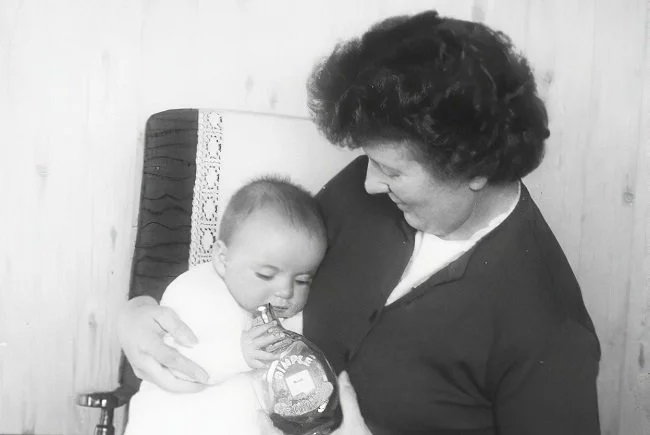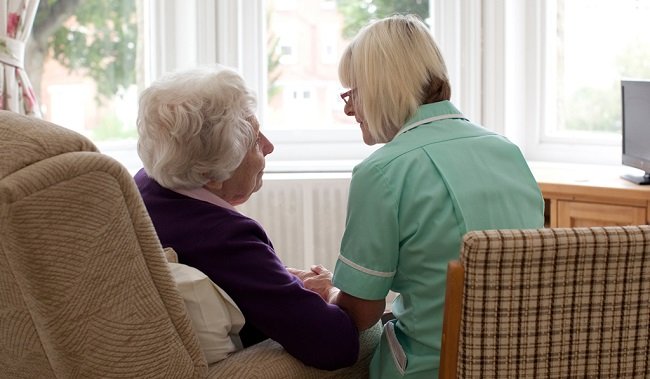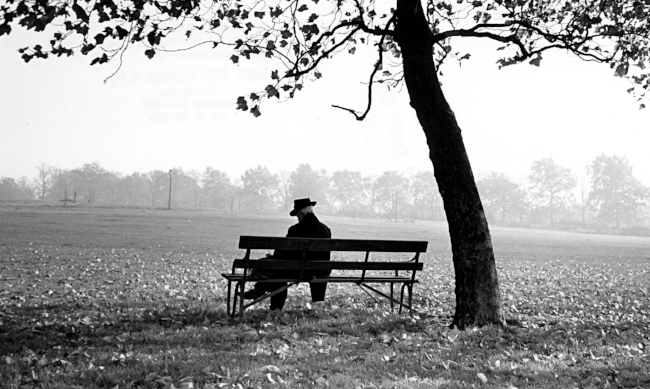Caring for the Elderly: Part 11
I last wrote a post about “caring for the elderly” in February. There have been significant changes in my family's fortunes since then and like anyone in a caring situation, the lockdown has had a major impact and sadly not for the good. As ever, I choose to recount my own experiences in the hope that they may be of some use to others who are in a similar situation. So to begin with, my Mother went into Respite Care just as the pandemic was hitting the UK and the lockdown was being implemented. Hence her stay in a nursing home was not the best experience. All the additional social activities usually on offer were suspended so all she effectively did was swap one sick room for another. She came back home just as my sister moved from working in London to working from home. Hence from March onwards both her and I have been caring for both my disabled parents on a daily basis. However, my sister has had to hold down a job at the same time.
Both of our parents have noticeably declined both physically and mentally during the lockdown. The mobile library service has been suspended and family and friends naturally have not been able to visit. My Mum and Dad have a long list of low level medical problems that are usually treated at home. The Podiatrist and the ear clinician have both been absent for the last five to six months. However, there have been a few minor victories. I finally managed to get both parents dealt with by the same care company which has made scheduling visits a lot easier. This particular company has been quick to move to a phone based app, so I always know who is coming and at what approximate time. My Mother now also sees the district nurse team due to several foot injuries not healing properly. But even these two improvements to the situation do not greatly change the overall outcome. Both parents have a poor quality of life. My Mother spends the day in a chair and is simply fed and medicated. My Father is washed, dressed and placed in front of a TV for most of his day. They cannot do anything else without the assistance of several able bodied people.
However in the last calendar month there have been several radical changes to both my parents conditions. My mother has been getting community physiotherapy at home, where they have been attempting to improve her mobility. It is somewhat belated, considering she fell and broke her arm in late November last year. But that can’t be helped. Over a series of visits and physical tests it has been determined by the senior physiotherapist that although she can lift herself up out of a chair and stand, her knees cannot sustain her walking for more than a step or two. As of today she has been officially classified as immobile and will never walk again. Due to her hearing issues she was aware of some of what was discussed with her. But once the therapist left, I had to tell her in simpler terms that she could no longer walk and in doing so took away the last vestige of hope she’s been clinging to for the last ten months.
My father contracted another UTI in early August and went into hospital for five days. After treatment with antibiotics he met their criteria to be sent home. I was surprised and concerned by this decision. Just under two weeks later he developed sepsis and was rushed back to hospital, where we were told to expect the worse. However, contrary to medical expectations he has pulled through this life threatening situation. Sadly this has been achieved at a significant cost. His already diminished health has taken a further turn for the worst. He is now diabetic and can barely walk using a frame. He may also have long term renal problems. While he’s been in hospital my Sister has gotten ill. She suffers from Ulcerative colitis and is enduring the worst bout she ever had at present. She cannot do any caring task and now needs to convalesce herself. I have an ongoing injury with my left elbow and have now been told that the tendon may rupture if I do not rest. Effectively there are now three people in need of 24/7 care and I can no longer cope with such a situation.
Today, I visited my Father in hospital for the first time in nearly three weeks. I had to explain to him the significance of his change in health and the simple fact that he cannot be safely cared for at home. My Sister and I can no longer carry out our current caring duties and that after four and a half years there needs to be major changes. Effectively I told my Dad he needs to move into a nursing home to get the care he requires. I am fully aware that this is not an option he wants but he has decided to do it for his own good and that of the family. However, as you can imagine this was not an easy conversation to have and it was very traumatic for both of us. He is no longer engaged with his life and wants the current situation to end. I suspect that the stress and anxiety of a move to a new environment such as a residential nursing home is not going to be without consequences.
The events that I have recounted are far from unique to my family. Here in the UK we have an ongoing crisis with regard to adult social care. Improvements in medicine have extended life expectancy but there has not been a reciprocal change to social attitudes or government policy regarding dealing with the realities of an extended lifespan. The default position seems to be “life regardless of quality”. Both my parents are ill, tired and have little or no quality of life. Yet they are forced to endure a patentantly untenable situation because there is no mechanism to deal with it in any other fashion. Setting aside the loaded issue of “euthanasia”, all carers potentially face a situation where the demands placed upon them become impossible and they need to stop. Yet, we do not live in a world where there are universal, commonly accepted policies and social attitudes as to how to address such problems. Hence an already complex matter is further compounded by guilt and organisations with their own agendas and motivations. Social Services doesn’t always want the same as what the carer or patient wants.
Drawing upon my own first hand experiences, I would say the following to anyone who has chosen to care for an immediate family member. Once you have decided to embark on such a path, it is perfectly fair and justifiable to set parameters to your care and to consider the future. Caring is an act of love, compassion and often practical necessity. But it is not a wheel to break yourself upon. To be an effective carer means you have a duty to look after yourself as well. Help is available but you often have to actively seek it out and utilise it. If you qualify for assistance from the state or local authorities then take what is on offer. You deserve it and have paid for such services through taxation. Come to terms with the realities of old age and chronic illness. Things will inevitably get more complex and there will ultimately come a time when you can no longer provide effective care. You will have to defer to more specialised bodies. When this happens you will need a suitable exit strategy.
Of course all of these things are far more difficult to deal with in reality because you will be living in the middle of these events and emotionally caught up in them. But if you consider the bigger picture and make some preparations in advance, then may be when you reach the day like the one I’ve had today, then it may not be quite so traumatic. Sometimes you have to recognise that there isn’t always an optimal outcome. It may come down to choosing the least bad option from a very poor selection. Reflecting back upon many of the talking points that have arisen out of previous “caring for the elderly” posts, I do think we need to change as a society and not be so fearful of talking about old age and end of life care. We should encourage a healthy discussion of these issues among the young, so that they are more aware of what lies ahead and able to make suitable provisions. Perhaps it will then make the problems that arise in our autumn years less surprising and overwhelming.


















